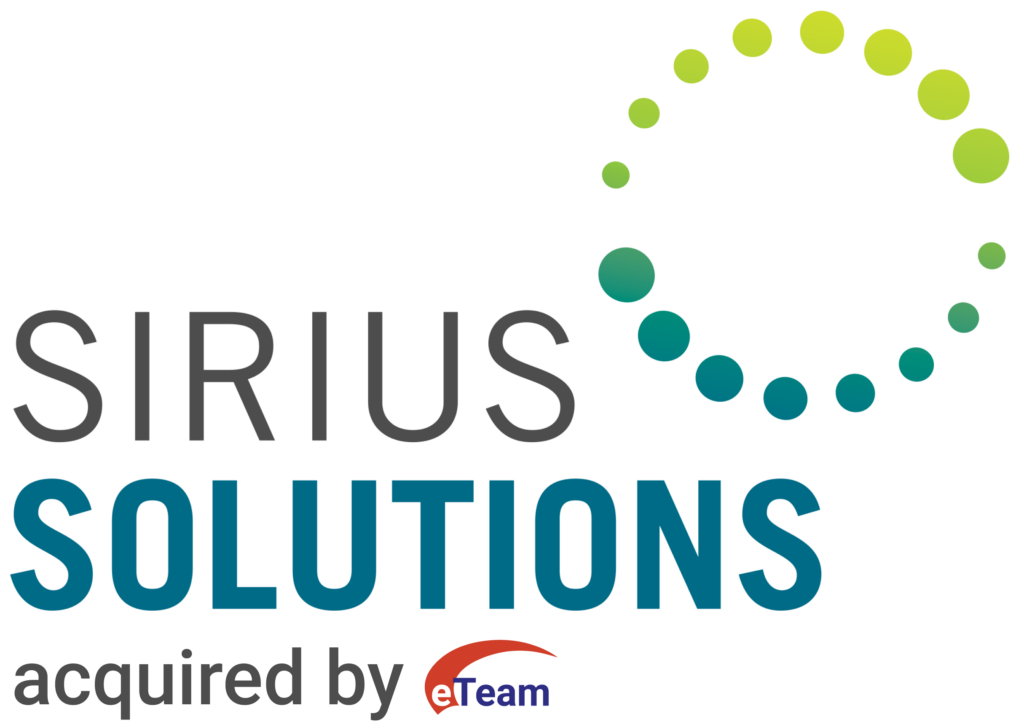Six Ways to Build Fraud Vigilance into Your Organization
Six Ways to Build Fraud Vigilance into Your Organization
Fraud detection is a daily challenge for CFOs and finance leaders. Leaders must anticipate fraud risks by continuously assessing vulnerabilities within their organization, staying vigilant, and uncovering irregularities for stakeholders, investors, and boards. Like a chess game, the stakes are high, and the moves are subtle. From phantom vendor schemes to dormant account manipulations, fraud can take on many forms, exploiting gaps in processes or oversight.
Understanding fraudulent behavior and arming ourselves with the right tools requires vigilance. What patterns are we missing? What gaps in our procedures need to be addressed? How can we approach these challenges not just to protect but to learn and innovate?
From Fraud Detection to Vigilance
At its core, fraud disrupts an enterprise’s perception of stability and trust. Organizations, like individuals, thrive on predictability—relying on processes, systems, and relationships to function properly. Fraud can destabilize an organization, triggering disbelief, fear, and frustration. These are normal reactions when faced with financial loss, but on a deeper level, they stem from an erosion of trust—the cornerstone of business integrity. Detecting fraud demands awareness and adaptability from the whole organization. However, the disruption of trust and stability creates resistance as teams grapple with the scrutiny and change inherent in fraud detection efforts.
Transforming Resistance into Curiosity
In the same way, employees can resist organizational change, teams often resist the rigorous scrutiny required for fraud detection. The fear of finding irregularities—whether intentional or accidental—can cause fear. For example, when introducing automated tools for invoice analysis, some team members may worry: Will errors from the past be uncovered? Will their competence be called into question?
Leading with the position that anomalies are opportunities for growth and innovation, the process becomes less about exposure and more about collective learning and protection, a powerful catalyst for reinforcing trust and accountability within the enterprise.
The Power of Curiosity in Fraud Detection
Curiosity is an indispensable tool in fraud detection. By shifting the narrative from blame to inquiry, organizations are more likely to uncover hidden vulnerabilities and strengthen their systems. Instead of asking, “Who is at fault?” leaders should ask, “What gaps in our processes allowed this to happen?”
Below, we explore two real-world examples where curiosity drove meaningful change:
- Fraud Investigation Yields $6 Million Recovery: A large company discovered fraudulent activities, including falsified timesheets and duplicate payments, jeopardizing their financial health. Sirius Solutions partnered with them to comprehensively examine their processes, uncovering $10 million in fraudulent activities and recovering $6 million. The key to the company’s success was not just identifying the fraud but redesigning workflows and training employees to detect and respond to future risks. By asking the right questions and embracing a culture of vigilance, the organization fortified its systems and empowered its workforce to maintain the highest ethical standards.
- Vendor Management Overhaul: Another company uncovered inefficiencies in its accounts payable processes, which resulted in duplicate payments and potential fraud risks. By leveraging detailed data analysis and fostering open dialogue, we supported leadership in identifying $100,000 in duplicate payments from a single vendor and recovered $80,000 immediately. The effort did not stop there. With innovation as its compass, the company streamlined vendor management, empowering employees with targeted training to maintain ongoing fraud prevention practices. This approach turned a moment of vulnerability into a foundation for operational excellence and integrity.
Considerations for Building a Fraud-Resilient Organization
As you work to strengthen fraud detection and prevention within your organization, consider the following strategies to create a thorough and adaptable framework:
- Foster a Culture of Curiosity and Collaboration: Encourage open dialogue where employees feel safe sharing concerns about processes and vulnerabilities. Fraud detection thrives on collective vigilance.
- Empower Employees with Training and Tools: Equip your team with the knowledge and resources to identify and respond to potential fraud.
- Streamline Processes for Transparency: Simplify and consolidate systems to minimize complexity and reduce opportunities for fraud. For example, a thorough assessment of vendor records for one Sirius Solutions’ client revealed that only 4,000 out of 47,000 active vendor accounts were essential. This insight led to the creation of operational efficiencies and stronger financial controls.
- Leverage Data Analytics for Proactive Fraud Detection: Advanced analytics can uncover patterns and anomalies that might otherwise go unnoticed.
- Celebrate Success and Reinforce Vigilance: Highlighting recovery of fraudulent payments or successfully mitigating risks reinforces the importance of ongoing diligence. Recognize the contributions of employees who actively contribute to safeguarding the organization.
- Lead with Integrity and Transparency: Leadership sets the tone for a fraud-resilient organization. Share your commitment to transparency and your proactive stance on fraud prevention.
Fraud detection is not a one-time exercise but an ongoing commitment to safeguarding the financial health and integrity of your organization. By adopting these strategies, you can turn vulnerabilities into opportunities for growth and innovation. The next time you uncover a potential risk, ask: What does this reveal about our systems? How can we improve together? By embracing curiosity and collaboration, you will be ready to detect fraud and build a stronger, more resilient organization.
Sirius Solutions’ specialists are experts in their fields and global leaders with significant experience in fraud detection. If you face operational or financial challenges affecting your efficiency and profitability, let’s discuss creating a holistic strategy that resolves your urgent and critical challenges while empowering you for long-term success.
